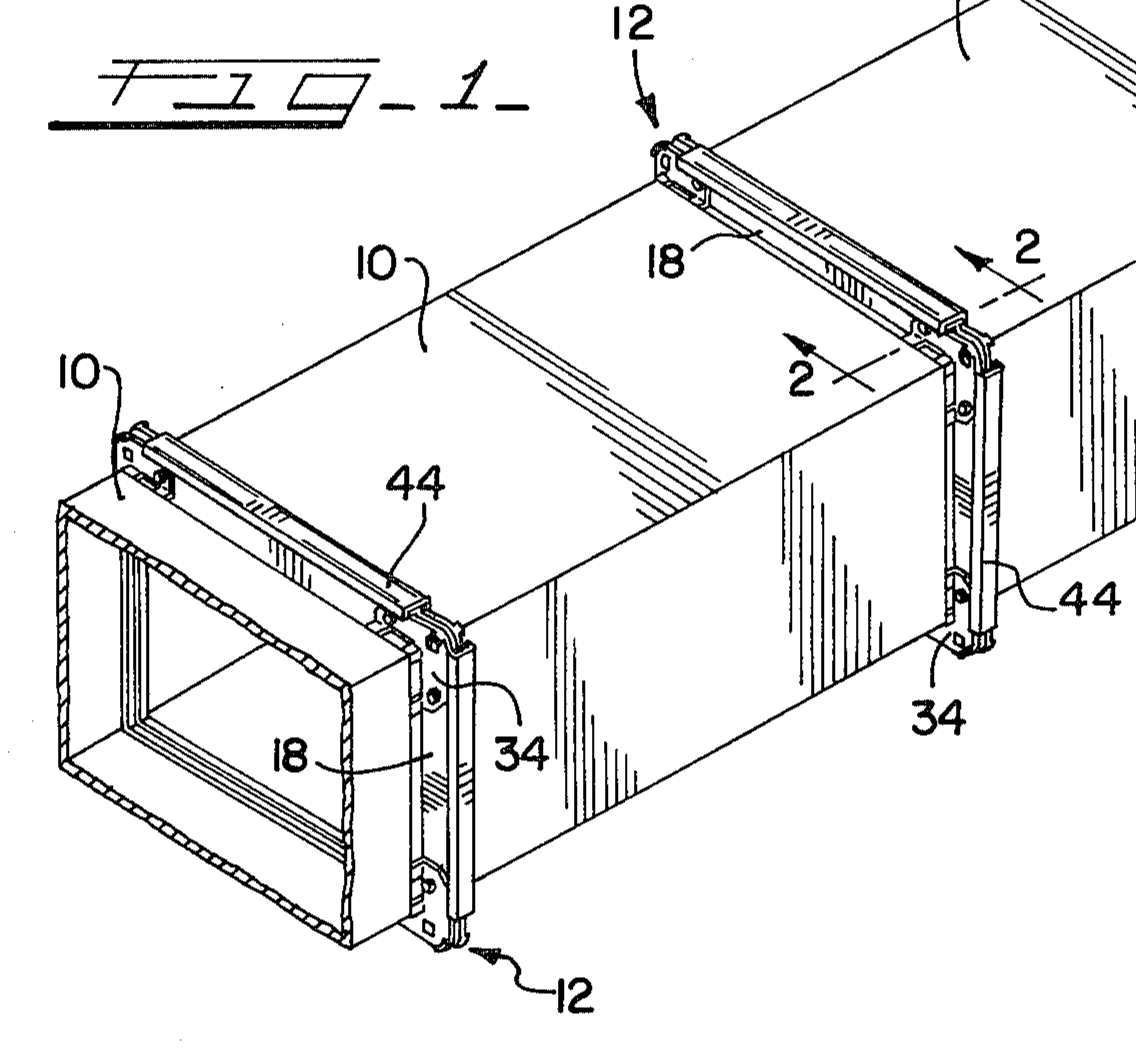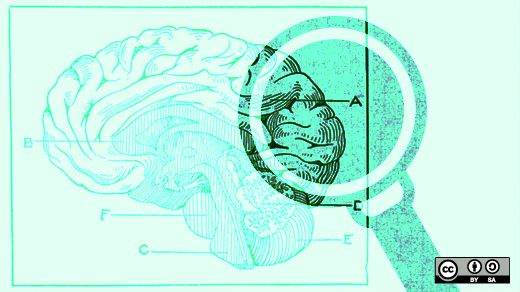Too often, I hear it said that the MIT License has no patent license, or that it has merely some possibility of an "implied" patent license. If the MIT License was sensitive, it might develop an inferiority complex in light of the constant praise heaped on its younger sibling, the Apache License, which conventional wisdom says has a "real" patent license.
This distinction is repeated so often that one might be tempted to think there is some great legal significance in whether or not the word "patent" appears in the text of a license. That emphasis on the word "patent" is misguided. In 1927, the U.S. Supreme Court said:
"Any language used by the owner of the patent, or any conduct on his part exhibited to another from which that other may properly infer that the owner consents to his use of the patent in making or using it, or selling it, upon which the other acts, constitutes a license and a defense to an action for a tort."
The MIT License unquestionably has an express license. That license is not limited to the granting of any particular flavor of intellectual property rights. The statement of license does not use the word "patent" or the word "copyright." When was the last time you heard someone expressing concern that the MIT License merely had an implied copyright license?
Since neither "copyright" nor "patent" appear in the text of the grant of rights, let us look to the words in the MIT License to see what we might learn about what rights are being granted.
|
Permission is hereby granted, |
That's a straightforward start to the granting of permissions. |
|
free of charge, |
No fee is needed in order to benefit from the permission. |
|
to any person obtaining a copy of this software and associated documentation files (the "Software"), |
We have some basics defined: subject of the license and who is to benefit. |
|
to deal in the Software without restriction, |
Well, that's pretty good. Now we are getting to the heart of the matter. We are not messing around with nuance: "without restriction" is pretty clear. |
|
including without limitation |
This introduction to a list of examples points out that the list is not a backhanded limitation: It is a list of examples. |
|
the rights to use, copy, modify, merge, publish, distribute, sublicense, and/or sell copies of the Software, and to permit persons to whom the Software is furnished to do so, |
We have a mixed assortment of actions one might undertake with respect to software. While there is some suggestion of exclusive rights of a patent owner and some suggestion of exclusive rights of a copyright owner, these are not really focused on the specific lists of exclusive rights provided by particular intellectual property laws; the focus is software. |
|
subject to the following conditions: |
The permissions are subject to a condition. |
|
The above copyright notice and this permission notice shall be included in all copies or substantial portions of the Software. |
The condition is of the type that has become typical of so-called permissive licenses. |
|
THE SOFTWARE IS PROVIDED "AS IS", WITHOUT WARRANTY OF ANY KIND, EXPRESS OR IMPLIED, INCLUDING BUT NOT LIMITED TO THE WARRANTIES OF MERCHANTABILITY, FITNESS FOR A PARTICULAR PURPOSE AND NONINFRINGEMENT. IN NO EVENT SHALL THE AUTHORS OR COPYRIGHT HOLDERS BE LIABLE FOR ANY CLAIM, DAMAGES OR OTHER LIABILITY, WHETHER IN AN ACTION OF CONTRACT, TORT OR OTHERWISE, ARISING FROM, OUT OF OR IN CONNECTION WITH THE SOFTWARE OR THE USE OR OTHER DEALINGS IN THE SOFTWARE. |
For completeness, let's include the disclaimer. |
There is nothing that would lead one to believe that the licensor wanted to preserve their right to pursue patent infringement claims against the use of software that the patent owner created and permitted others "to deal in the Software without restriction."
Why call this an implied patent license? There is no good reason to do so. Let's look at an example of an implied patent license. The patent dispute in Met-Coil Systems Corp. v. Korners Unlimited concerns an implied license for a patent (US Patent 4,466,641, long ago expired) on a way of connecting sections of metal ducts of the kind used in heating and air conditioning systems. The U.S. court that handles appeals in patent disputes concluded that the patent owner's (Met-Coil) sale of its roll-forming machine (a machine that is not the subject of the patent, but that is used to bend flanges at the ends of metal ducts as a part of making duct connections in a patented way) granted an implied license under the patent to its customers; thus, sale by the alleged patent infringer (Korners Unlimited) of certain patent-related components (special corner pieces for use with the flanges that resulted from the Met-Coil machine's bending) to those customers was not a contributory patent infringement because the customers were licensed (with an implied license).
By selling the metal-bending machine whose purpose was to play a role in using the patented invention, the patent owner granted a patent license to purchasers of the machine. In the Met-Coil case, one can see a need to talk about an "implied" license because there was no written license at all; the court was finding a license implied by behavior.

Now, let's return to the MIT License. There is an express license. Does that express license grant patent rights? Indeed, with permission granted "to deal in the Software without restriction," it does. And there is no need to arrive at that conclusion via anything more than a direct reading of the words that grant the license.
The phrase "express patent license" could be used with either of two intended meanings:
- an express license that includes a grant of patent rights, or
- a license that expressly refers to patent rights.
The first of those is the contrast to an implied patent license. If there is no express license that grants patent rights, one might move on in the analysis to see if a patent license might be implied.
People have often used the phrase "express patent license" with the second meaning. Unfortunately, that has led some to incorrectly assume that lack of such an "express patent license" leaves one looking for an implied license. However, the second meaning has no particular legal significance. The lack of expressly referring to patent rights does not mean that there is no express license that grants patent rights, and thus the lack of expressly referring to patent rights does not mean that one is limited to an implied grant of patent rights.
Having said all this, how much does it matter?
Not much. When people and companies contribute software under the MIT License, they do so without expecting to be able to later assert patent rights against those who use the software that the patent owner has contributed. That's a strong statement, and of course, I cannot see directly the expectations of contributors. But over the 20+ years that I have observed contribution of code under the MIT License, I see no indication that contributors think that they are reserving the right to later charge patent license fees for use of their contributed code. Quite the contrary: I observe behavior consistent with the "without restriction" phrase in the license.
This discussion is based on the law in the United States. I invite experts on the law in other jurisdictions to offer their views on whether the result would be different in other countries.







1 Comment